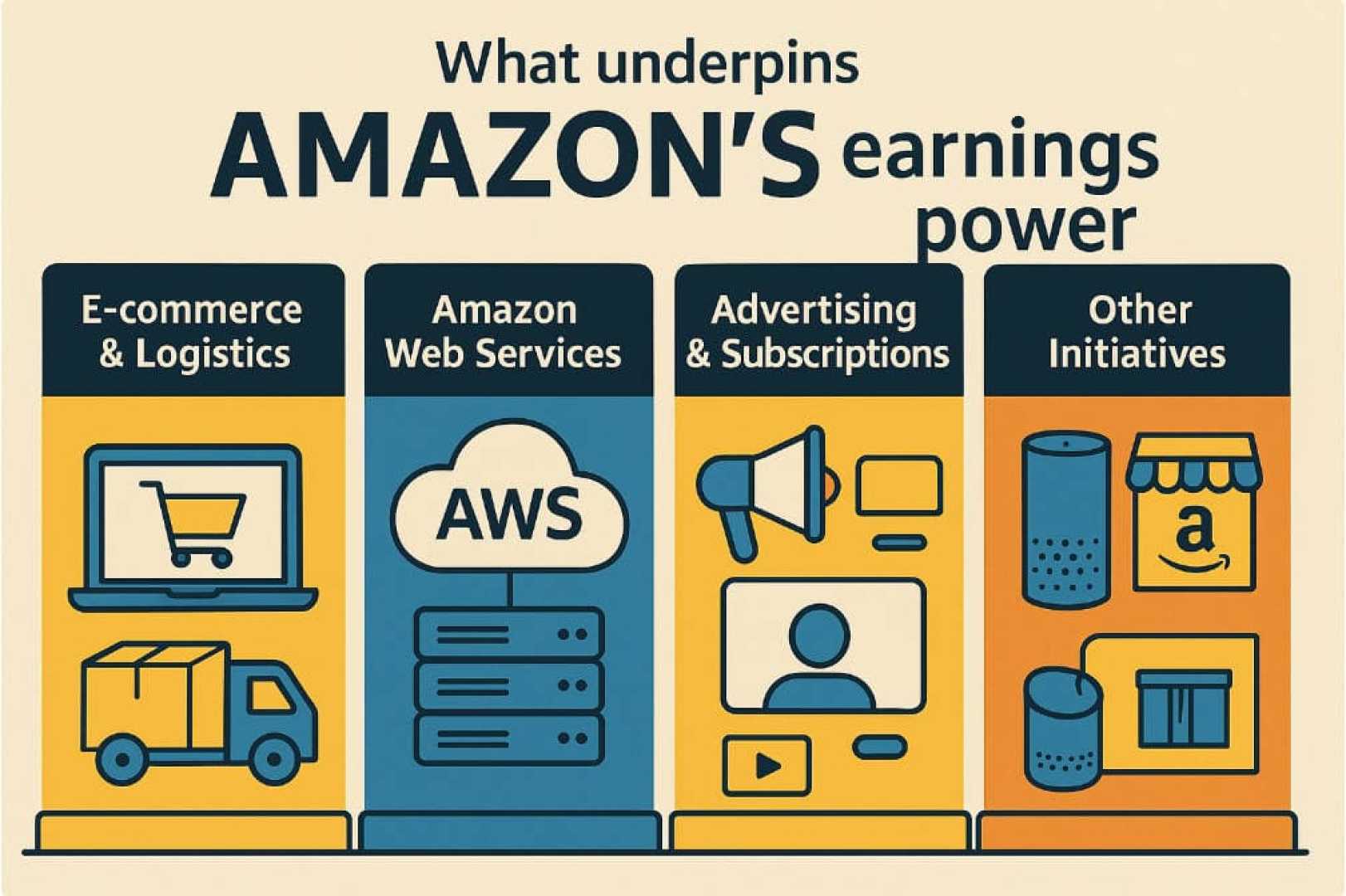Business
Amazon’s E-Commerce Growth Sparks Analyst Upgrades Amid Rising AI Investments

CHARLOTTE, N.C. — Bank of America has reaffirmed its ‘Buy’ rating for Amazon.com, Inc. and Chewy, identifying them as leading stocks in the e-commerce sector. On October 17, the bank emphasized Amazon’s position as a top choice for large-cap investments in U.S. e-commerce, highlighting anticipated share gains supported by a growing grocery segment.
Bank of America analysts noted that Amazon’s advancements in robotics and its ability to leverage its Prime membership base will aid in capturing growth within the market. They predict that capacity additions expected in 2026 will bolster the acceleration of Amazon Web Services (AWS), boosting the company’s overall performance.
While investments in Amazon (NASDAQ: AMZN) continue to be considered safe, analysts caution that certain AI-focused stocks might offer even more significant returns in the near future. As excitement swells around artificial intelligence, industry leaders like Elon Musk foresee a future with rapidly growing demand for technologically advanced solutions.
At the recent Future Investment Initiative conference, Musk predicted the emergence of 10 billion humanoid robots by 2040, suggesting a potential market value of $250 trillion driven by AI innovations. This encompasses a broad ecosystem of AI firms transforming the global economy.
Industry watchers have recognized that AI is not merely a technical evolution; it is essential for the future of many industries. However, energy requirements for AI-powered technologies have also prompted concerns, leading to speculation about emerging opportunities tied to energy infrastructures.
Sam Altman, founder of OpenAI, emphasized AI’s urgent energy needs, stating, ‘The future of AI depends on an energy breakthrough.’ The increasing cost of electricity and subsequent demand from data centers creates an intersection of investment strategies for savvy investors.
Some insiders suggest that a lesser-known company specializing in energy infrastructure could emerge as a primary beneficiary of the AI boom. This company, which remains largely unnoticed, is positioning itself to capitalize on the anticipated surge in AI energy demands, even while most energy firms struggle with significant debt.
In contrast to those firms, this company is noted for its strong financial health, boasting no debt and a substantial cash reserve. As the market for AI continues to evolve, analysts highlight that companies with critical infrastructure and energy assets may have significant competitive advantages.
As investors continue to monitor the landscape, experts agree that identifying emerging technologies and those that provide necessary resources will be crucial in making informed investment choices in the coming years.












